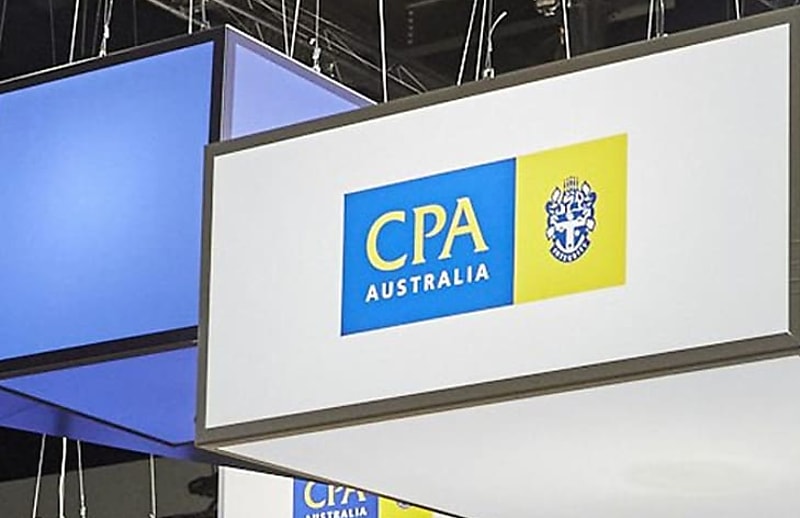Taxpayers warned on risks with rushed tax returns
Tax
Taxpayers have been cautioned that rushing their tax return may lead to mistakes or missing out claims they are entitled to.
CPA Australia said taxpayers should take the time to gather and prepare all their evidence and check what they can claim.
“With cost of living pressures and the desire to ‘just get it done’, many taxpayers will likely submit their returns early, but doing so risks making costly mistakes – and can ultimately be self-defeating,” says CPA Australia spokesperson Gavan Ord.
“The best tip for tax time is to walk, don’t run; it’s not a race. Don’t be the first person at your accountant’s door, because chances are you won’t have all of the information you need to properly do your tax return, increasing the risk of making costly mistakes.”
Ord said there is a misconception that lodging early means taxpayers will receive a refund first, but it’s not always the simple.
“In fact, if the ATO asks you for additional information or you get things wrong, it will hold up your refund, or you could have to essentially re-lodge your return altogether,” he warned.
“A lot of information will be pre-filled by the ATO in your tax return. So it’s best to wait until all the data is finalised before lodging your return. This is typically completed by the end of July, but can take until mid-August.”
CPA reminded taxpayers to check that their end-of-year income statement from your employer says ‘tax ready’ and that your private health insurance, dividend and interest information is available before completing your return.
“Otherwise, it could include unfinalised data, and you may need to amend your tax return and pay additional tax,” the association said.
The professional body also flagged some of the key problem areas for taxpayers at tax time including work-related deductions.
“CPA Australia encourages Aussies to ensure they’re thorough with their work and work-related education expenses, including expenses related to working from home and second jobs,” it said.
“Typical work-related expenses include things like uniforms and protective items, work phone and internet costs, subscriptions and union fees, and travel expenses between worksites or client locations but not the commute to and from home.”
CPA also cautioned that Australians that are working multiple jobs can encounter issues at tax time as they can be caught in an unintentional tax trap because of the tax-free threshold.
“The first job attracts the tax-free threshold, so if you don’t declare to your second or subsequent employer that it is your second job, you may be undertaxed, resulting in a larger tax bill,” the associated said.
CPA Australia reminded taxpayers who work multiple jobs to only claim the tax-free threshold in relation to one job.
“If it’s claimed for more than one job, you are more likely to be required to pay top up tax than get a refund,” it said.
Ord said while completing a tax return can be time-consuming, it is each taxpayer’s personal responsibility to get it right and in their financial interest to do so.
“The more complex your earning activities, the more you should consider expert advice. Remember that the fee you pay to a registered tax agent, like a CPA, to complete your tax return is itself tax deductible. It’s win-win,” he said.




